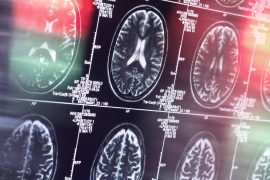According to the World Health Organization, schizophrenia is a serious mental disorder that begins in late adolescence or early adulthood and affects approximately one in 300 people worldwide. “It has been known for decades that genetic causes play a major role, but many mechanisms are still not sufficiently elucidated,” said Prof. Stefan Ripke, Head of the Laboratory for Statistical Genetics at the Clinic for Psychiatry and Psychotherapy at the Campus Charité Mitte in Berlin.
To change this, the research team comprehensively analyzed the DNA of 76,755 people with schizophrenia and 243,649 people without schizophrenia in 45 countries. To do this, they discovered, among other things, sections of DNA that are associated with schizophrenia, that is, those associated with susceptibility to the disease. They found genetic associations with schizophrenia in 287 different regions of the genome. Previous studies have so far identified 100 regions. Using modern analysis methods within these regions, they discovered 120 specific genes most likely to contribute to mental disorder.
With their findings, the scientists hope to gain a better understanding of the origins of schizophrenia and use it to develop innovative treatments for this serious mental illness in the future. Symptoms of schizophrenia include thought and perception disorders, lack of concentration, hallucinations, delusions, and apathy. Doctors believe that complex disease results from the interaction of many factors, including neurobiological and psychosocial components in addition to genetic predisposition.
Source: DOI 10.1038/s41586-022-04434-5

Web guru. Amateur thinker. Unapologetic problem solver. Zombie expert. Hipster-friendly travel geek. Social mediaholic.





